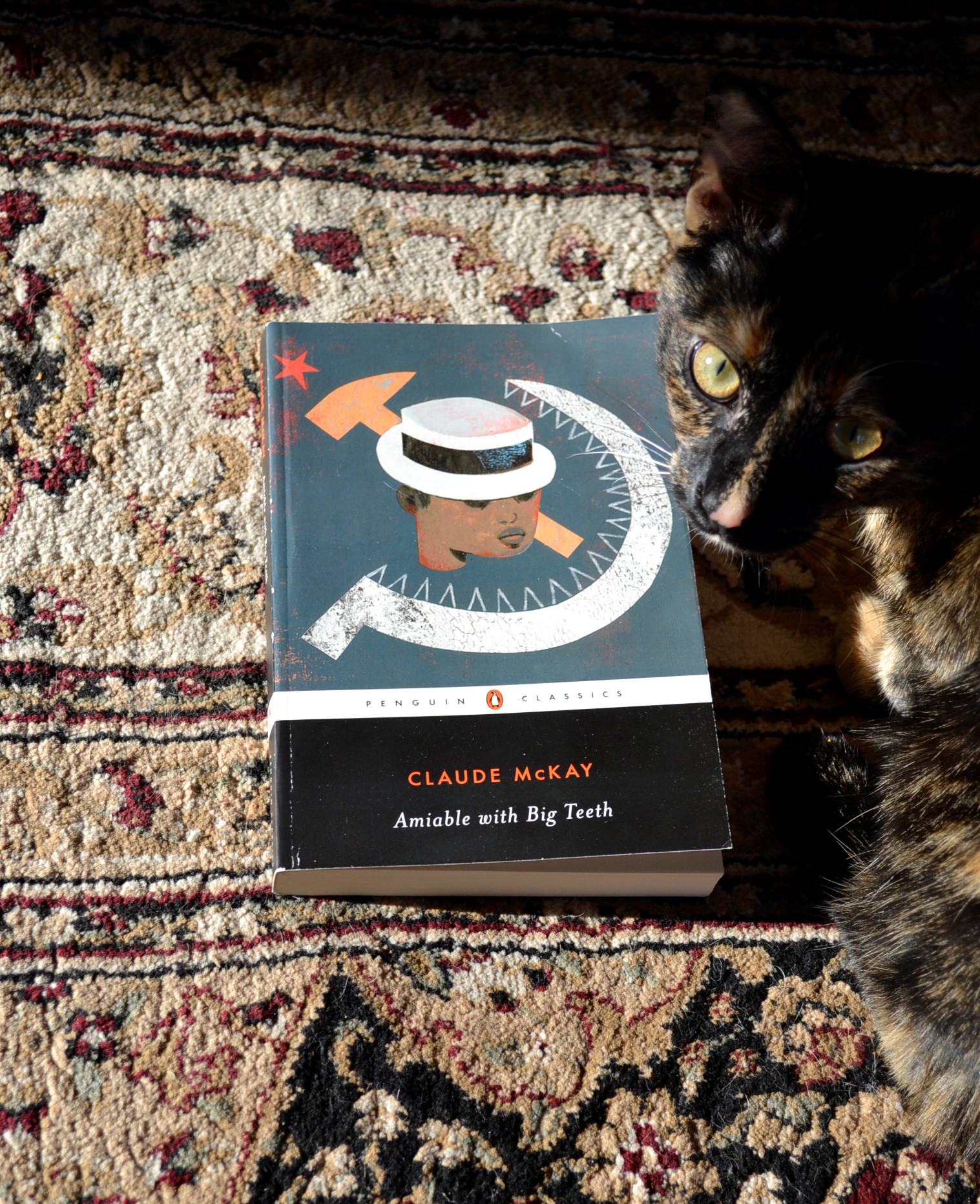In The Neighbourhood
It’s been nearly a year since our last trip to Toronto, and some days I miss it quite terribly. I love the rural town we live in and I love the wildlife, but there’s a kind of vibrancy that is unique to a metropolis. Part of that vibrancy has to do with the little microcosms that are the districts and neighbourhoods, all individual, yet piled together to make every block a distinct environment.
I miss getting in the car and going to the Distillery District where we’d get hot chocolate on cold days. I miss the subway trip to the museums downtown. I miss the walk around the three or four blocks that made up our little (yet huge) corner of the city. I miss the lights of Yonge-Dundas and the feeling of being somewhere that was always in motion.
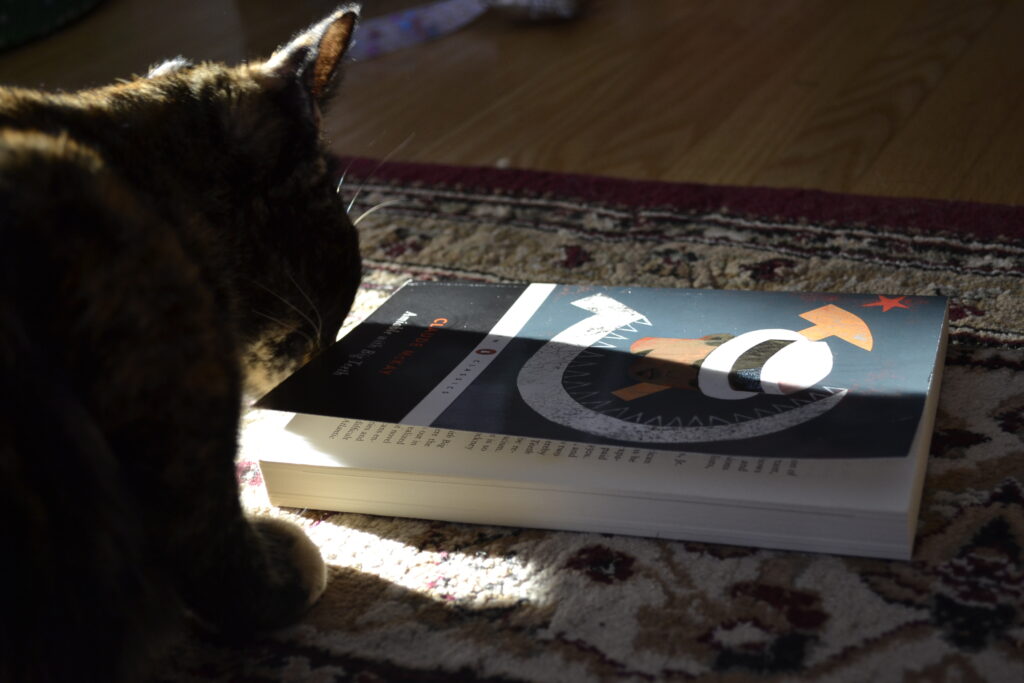
Our new neighbourhood is pretty different from our old neighbourhood, but it has its own things that I would have a hard time saying goodbye to. Like the wild bunnies that my lovely spouse and I watch in the twilight hopping across our backyard or the chickadee that flits through the trees every morning. Where you live is such an integral part of your everyday existence, especially right now when we’re all spending more time at home.
Previously Unpublished
Claude McKay’s Amiable with Big Teeth was written in 1941, but it wasn’t published until 2017. I happened to find it on the shelf of a bookstore one day, and I bought it without even reading the copy on the back of the book.
Amiable with Big Teeth is a novel about the politics of Harlem in the Depression era — covering social politics, racial politics, as well as the complex interplay of social clubs and both religious and charitable organizations. The plot centres around an organization created to help with the struggle against fascism in Ethiopia, and their movements to keep their independence from forces that seek to control them and the political leanings of the Harlem population.
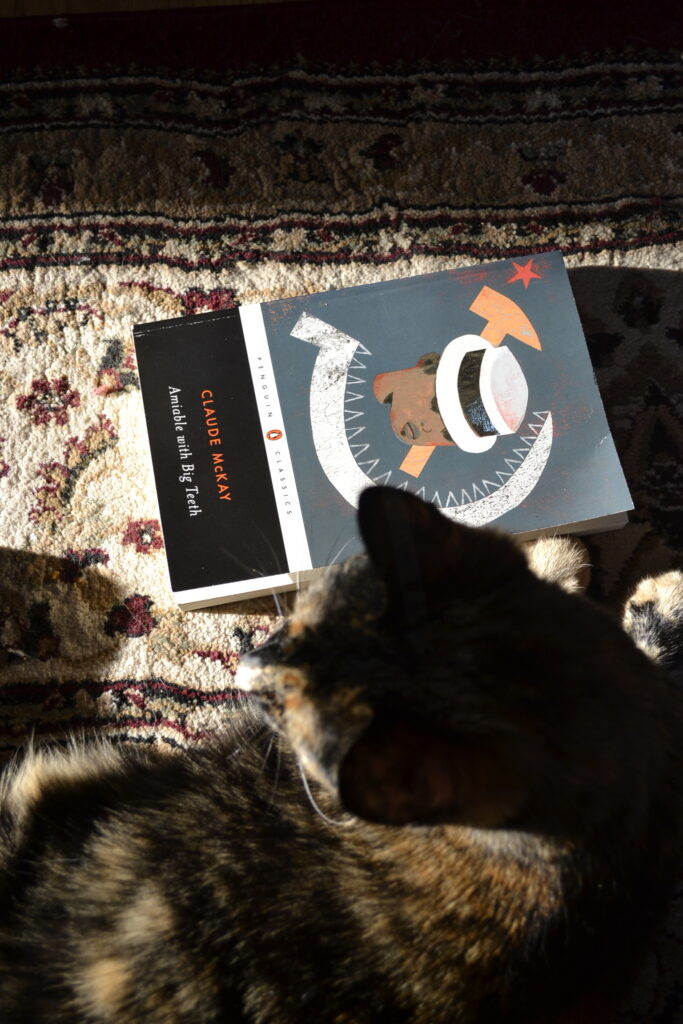
The work heaps layer upon layer of complexity as it discusses the motivations of different characters and the degree to which they are invested in the project for the sake of charity versus other political motivations. It’s a compelling satire of Stalinism, and also of mob mentality and social influence.
A Wolf in Sheep’s Clothing
One of the prevalent themes of the novel is the idea of a wolf in sheep’s clothing. Many of the characters have shifting motivations or say one thing and then do the opposite. The puppetmaster and Stalinist Maxim Tasan, the novel’s antagonist, is an evil, ruthless, racist man that works behind the smokescreen of a charity to push his political agenda at any and all costs, which ultimately leads to his destruction as well as the near destruction of many others.
Identities shift and change and are revealed to be deceptions perpetrated from the start of the novel as McKay illustrates his point to the reader. He asks that we look deeper and think critically about every issue we’re presented with and everyone we meet. He warns against judgments not rooted in fact or based solely on appearances.
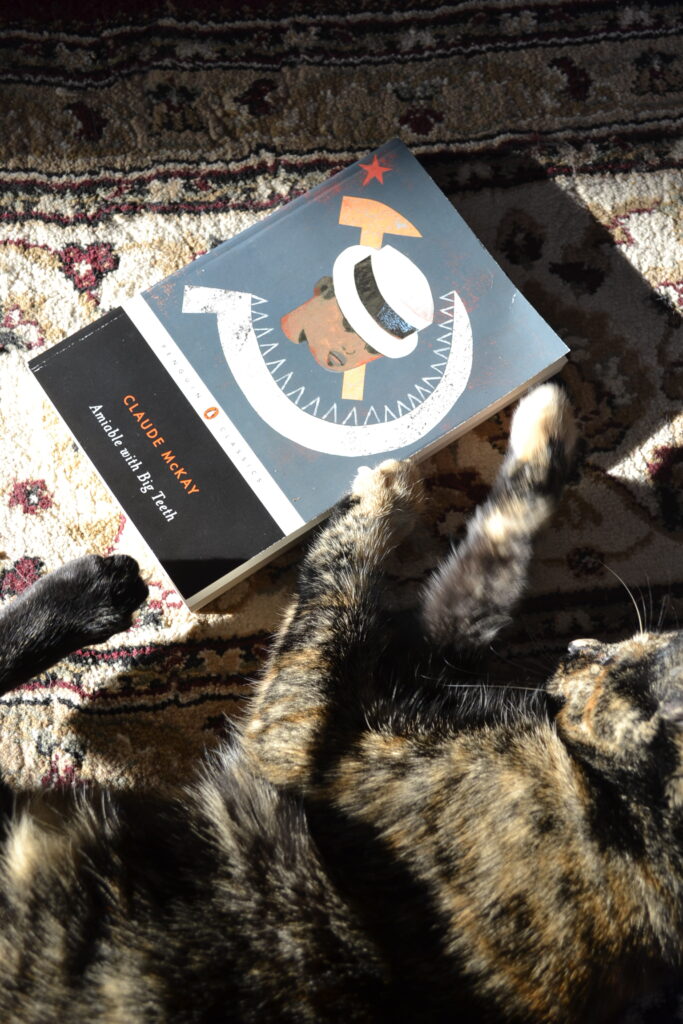
Freedom
Amiable with Big Teeth is a discussion about freedom in the sense that McKay describes kinds of freedom and how they all need to be present for an individual or a group to actually be free. Economic freedom, freedom from discrimination, freedom of expression, and freedom to organize groups and move in society — McKay holds forth on each of these subjects and illustrates them masterfully in the course of the novel. He describes the danger of the illusion of freedom that can exist when individuals strive to manipulate others from the shadows using multiple fronts and proxies.
Though Amiable with Big Teeth may not quite fit a traditional novel structure in terms of pacing or writing style (since it is peppered with political and philosophical discussion), but I couldn’t imagine this book carrying the same weight if it were composed any other way. Since this is Claude McKay’s last novel and was previously unpublished, I do wonder how it compares to the rest of his work. I haven’t been able to find any of his other novels, but I hope to soon so that I can read them and satisfy my curiosity.
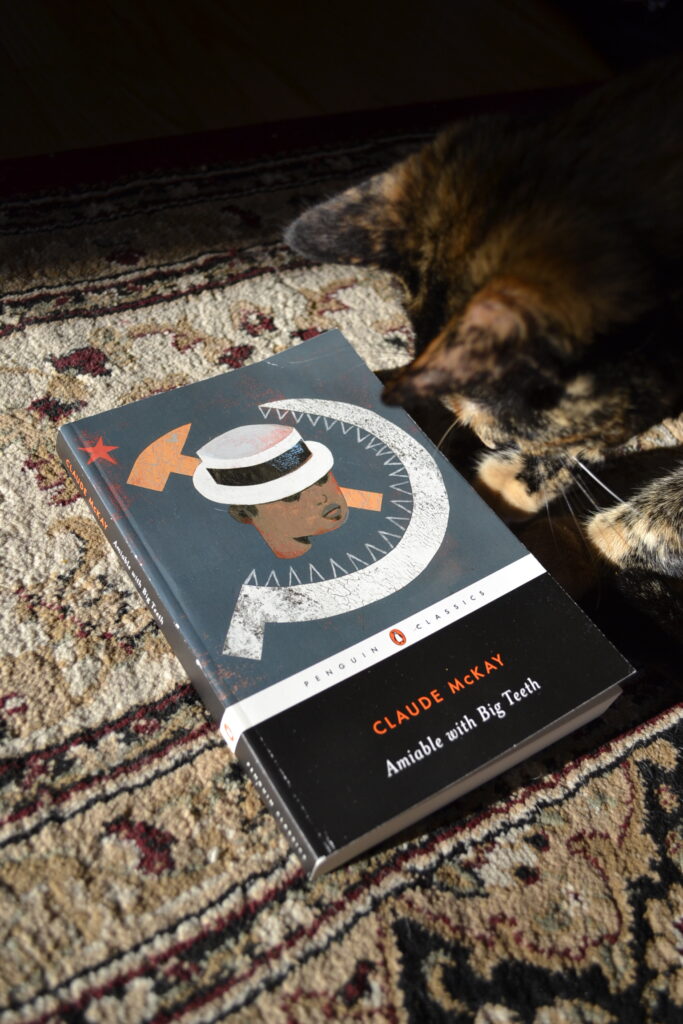
Small Worlds Get Smaller
Since the stay-at-home orders began, it sometimes seems like the small world of our neighbourhood got even smaller to just include the inside of our house and our backyard. But all it takes is a walk to remind myself that that feeling isn’t reality. A walk around the block does a lot to calm down my anxiety when it threatens to get overwhelming. It also helps me connect with our surroundings as I watch the traffic and see the familiar landscapes of our neighbourhood.
It’s not vibrant in the same way as the city or even as it was before the pandemic began, but it’s still full of life. More importantly it’s also full of a tranquility that can be more soothing than the land of traffic and crowds can ever aspire to.
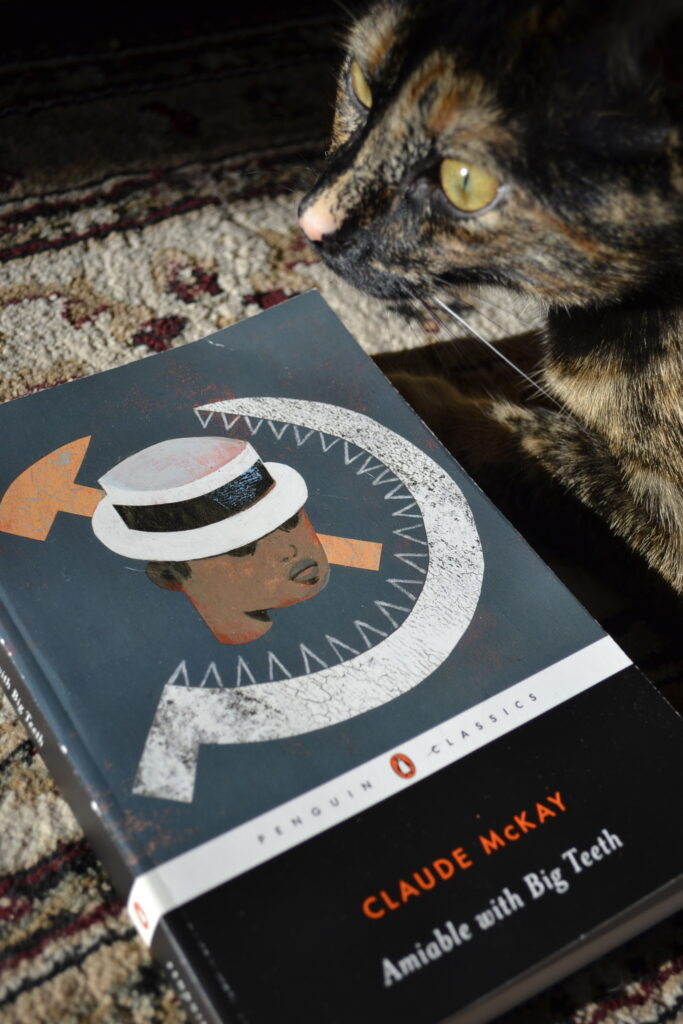
So ends the third post in Black History Month. I’m still undecided about next week’s review as I write this one, so it’ll have to be a surprise!
